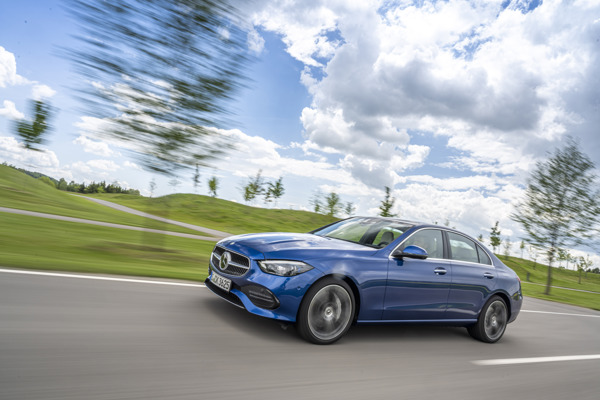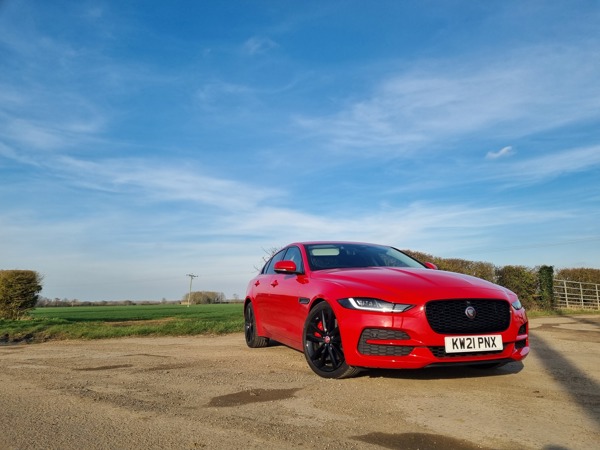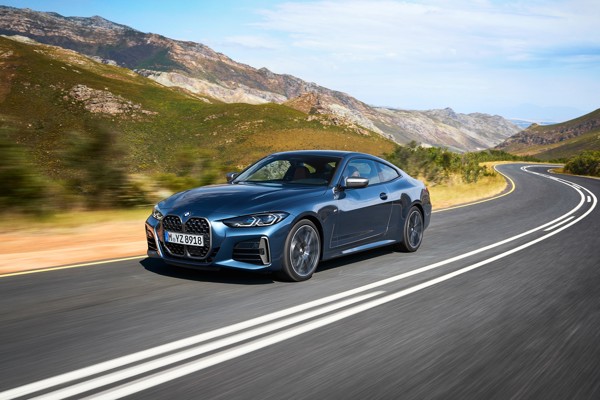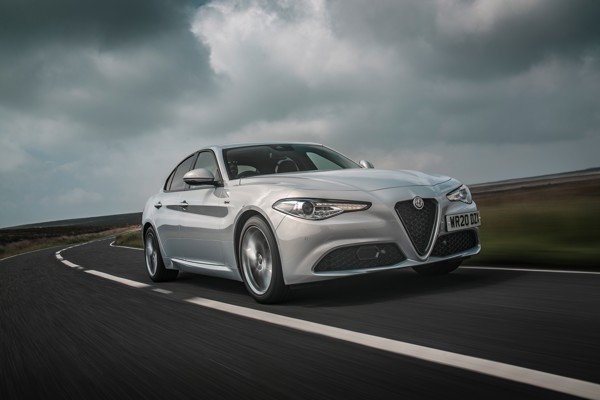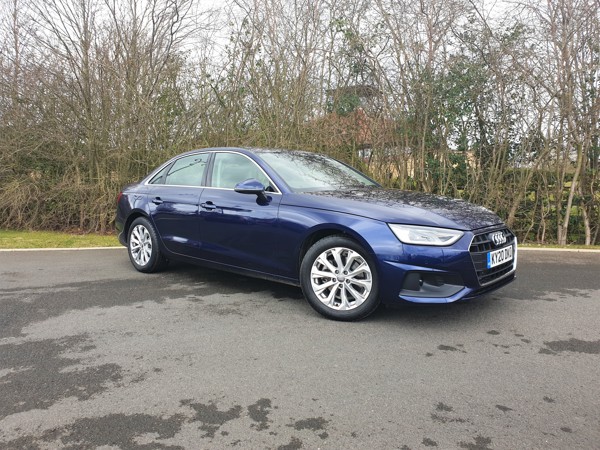Review
Volvo is taking a different approach to its fuel strategy for the V60 and its saloon counterpart, the S60. The latter, which will be on sale in the first half of 2019, will not feature any diesel powertrains as part of the brand’s shift to electrification. That means that company car drivers who want a diesel will need to look to the V60, which is available with two diesel engines.
When we drove the D4 version at its initial launch earlier in the year, the V60 impressed as a versatile and stylish estate.
But, Volvo expects the D3 to be the more popular motor.
Our test car comes in Momentum Pro spec – the one we feel is best suited to fleet customers. Key features include a digital instrument panel, heated front seats and leather upholstery.
With a manual gearbox it costs from £34,660 on the road.
The D3 engine is identical to the D4, albeit with a 40PS deficit.
Fleet customers will save £1,000 opting for the D4 over the D3 like-for-like, but when it comes to efficiency there is little to differentiate.
Both emit 117g/km and claim 64mpg combined.
The difference in company car tax is minimal, at less than £6 per month – so unless the D3 is at the very top of a driver's band there is little disincentive to go for the more powerful D4.
The biggest difference between the two on paper is in 0-60mph acceleration time. The D3 takes 9.9 seconds, while the D4 just 7.9.
To drive, both offer the same levels of refinement and comfort. The V60 isn’t a class leader when it comes to handling, but it feels more spirited than the larger V90 with which it shares a platform.
For £400, the optional sports suspension will stiffen things up in the corners but also affects the ride quality.
The styling and technology from the larger Volvo’s has been copied and pasted straight into the V60, making it thoroughly modern and up-to-date.
Volvo’s Pilot Assist driving assistance system, which combines adaptive cruise control and lane keep assist, is available as an option and all models feature the nine-inch sensus infotainment screen.
Comfort levels are unparalleled in the segment and practicality is also a strong point with a 526 litre boot – larger than both the Mercedes C-Class Estate (440l) and the Audi A4 Avant (505l)
We found the manual transmission to be notchy and heavy to operate. While it feels like it will probably last for a million miles, we’d recommend drivers err toward the eight-speed automatic for better driveability.
Compared to the D4, the D3 feels a little lethargic and requires the use of the ‘dynamic’ drive mode to really get going. The ‘eco drive’ mode dampens throttle response a little too much and makes the V60 feel like its towing a trailer.
Crucial for fleets, it is perfectly happy at motorway speeds where it provides gentle and relaxing cruising.
During a week of mixed driving we found the V60 D3’s fuel economy fluctuated between mid-30s in town and up to 55mpg for longer motorway runs – similar to the performance of our S90 D4 long term test car.
Compared to its key rivals, the (outgoing) BMW 318d Sport Touring and the Mercedes C 200 d Sport Estate, the V60 D3 is better equipped, offers the lowest depreciation and has the cheapest running costs over a four-year cycle.
Model tested: Volvo V60 D3 Momentum Pro manual.
Specs
| Manufacturer | Volvo |
| Model | V60 |
| Specification | V60 Estate 2.0D3 150 SS Momentum Pro 6 19MY |
| Model Year | 0.00 |
| Annual VED (Road tax) | £0 |
| BIK List Price | £34,400 |
| CO2 | 117g/km |
| BIK Percentage | 31% |
| Insurance Group | N/A |
| CC | N/A |
| Fuel Type | Diesel |
| Vehicle Type | Estate car |
| Luggage capacity (Seats up) | 5litres |
Running Costs
| P11D | £34,400 |
| Insurance group | N/A |
| Fuel Type | Diesel |
| Cost per mile | 77.89ppm |
| Fuel | 8.49ppm |
| Depreciation | 65.25ppm |
| Service maintenance and repair | 4.15ppm |
Rivals
Info at a glance
-
P11D Price
£34,400
-
MPG
55.4 (WLTP) -
CO2 Emissions
117g/km -
BIK %
31% -
Running cost
3 Year 60k : N/A 4 Year 80k : N/A -
Fuel Type
Diesel



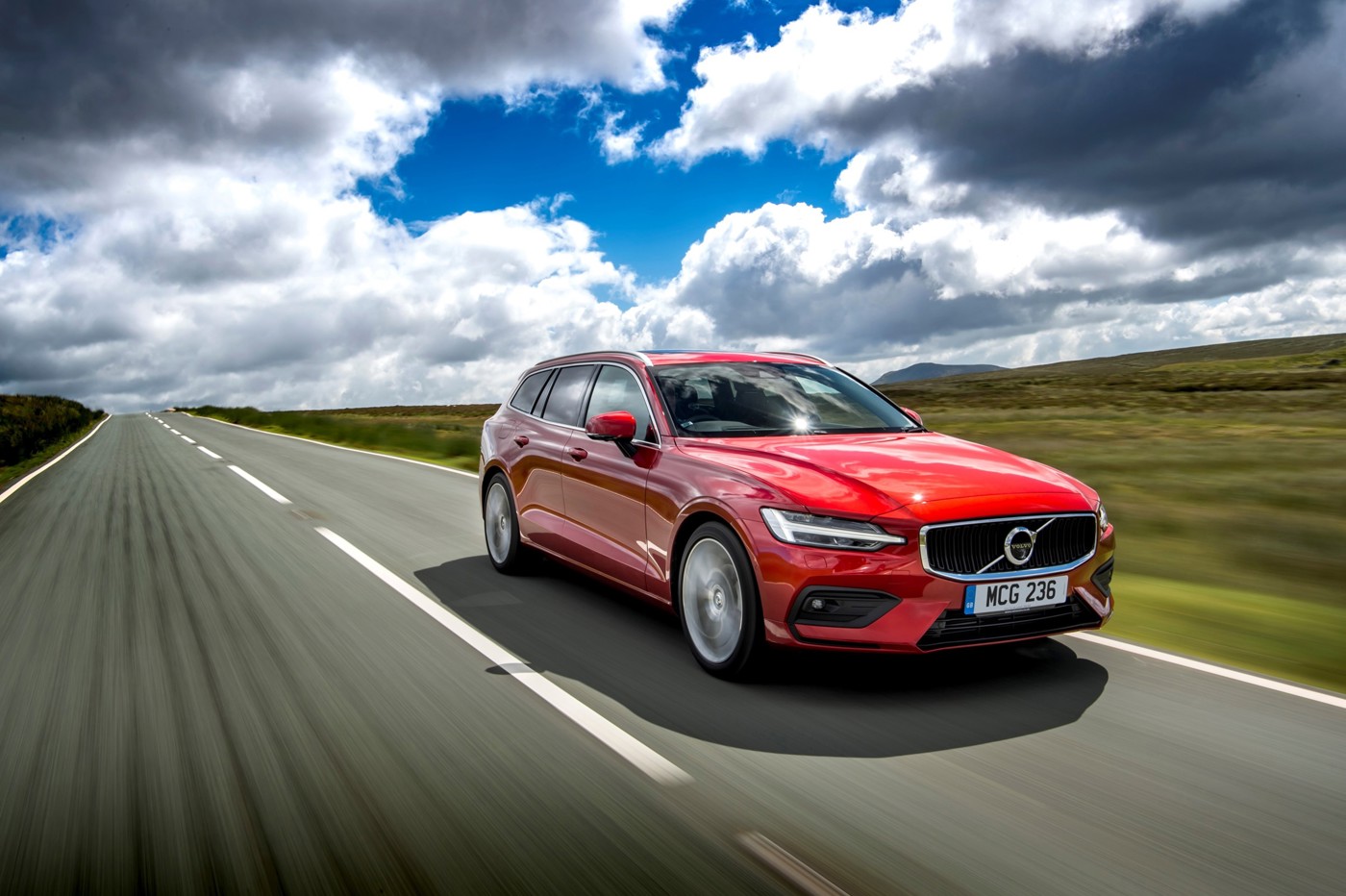
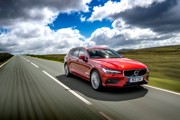
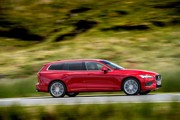

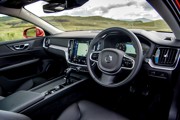
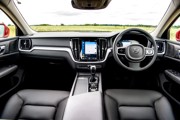
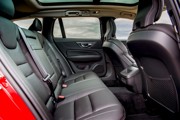
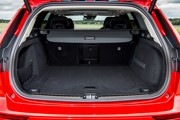


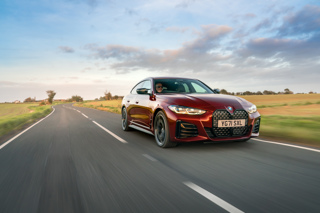
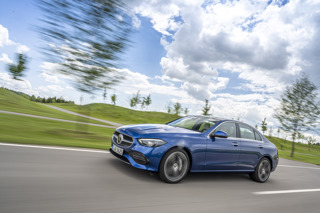
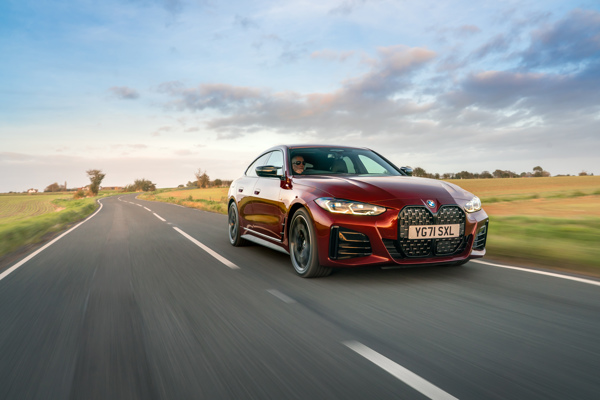
 Diesel
Diesel
